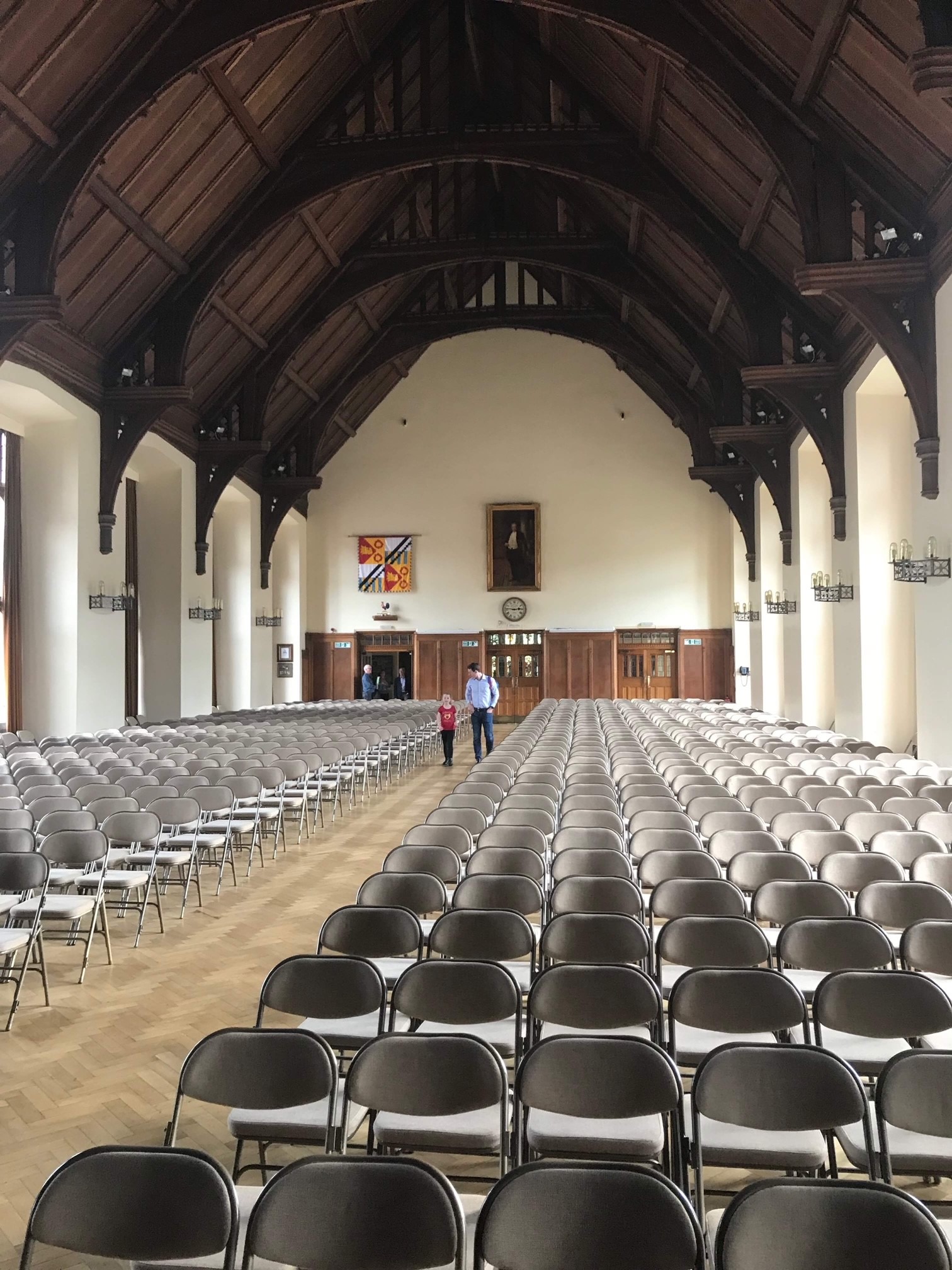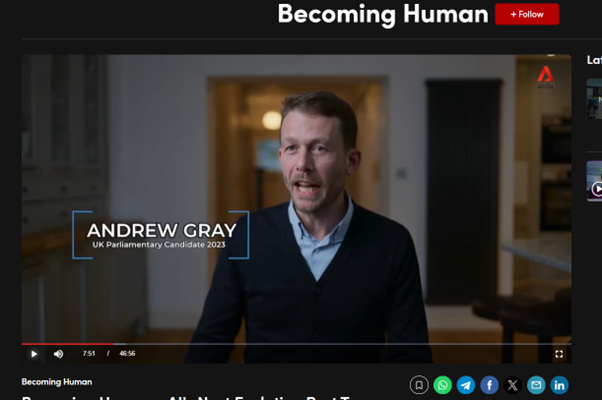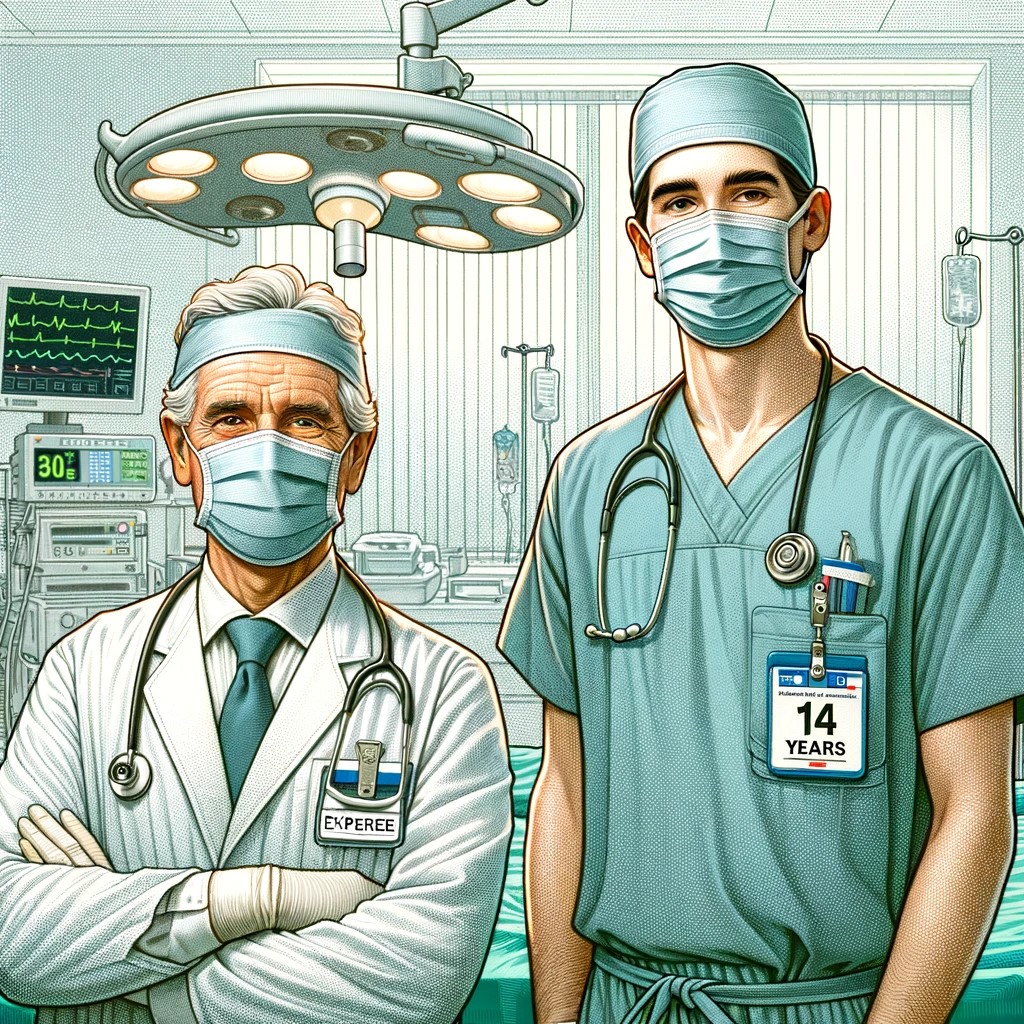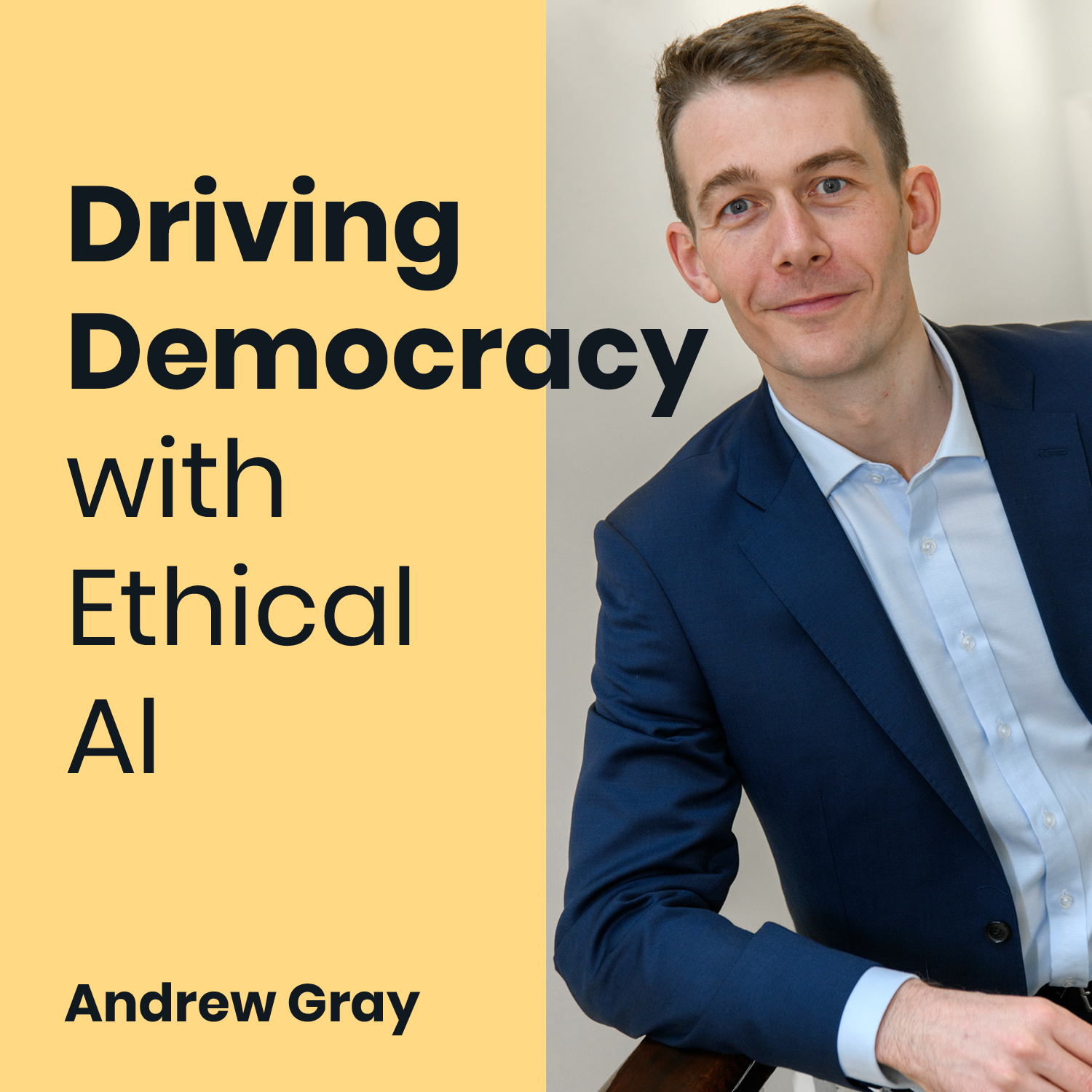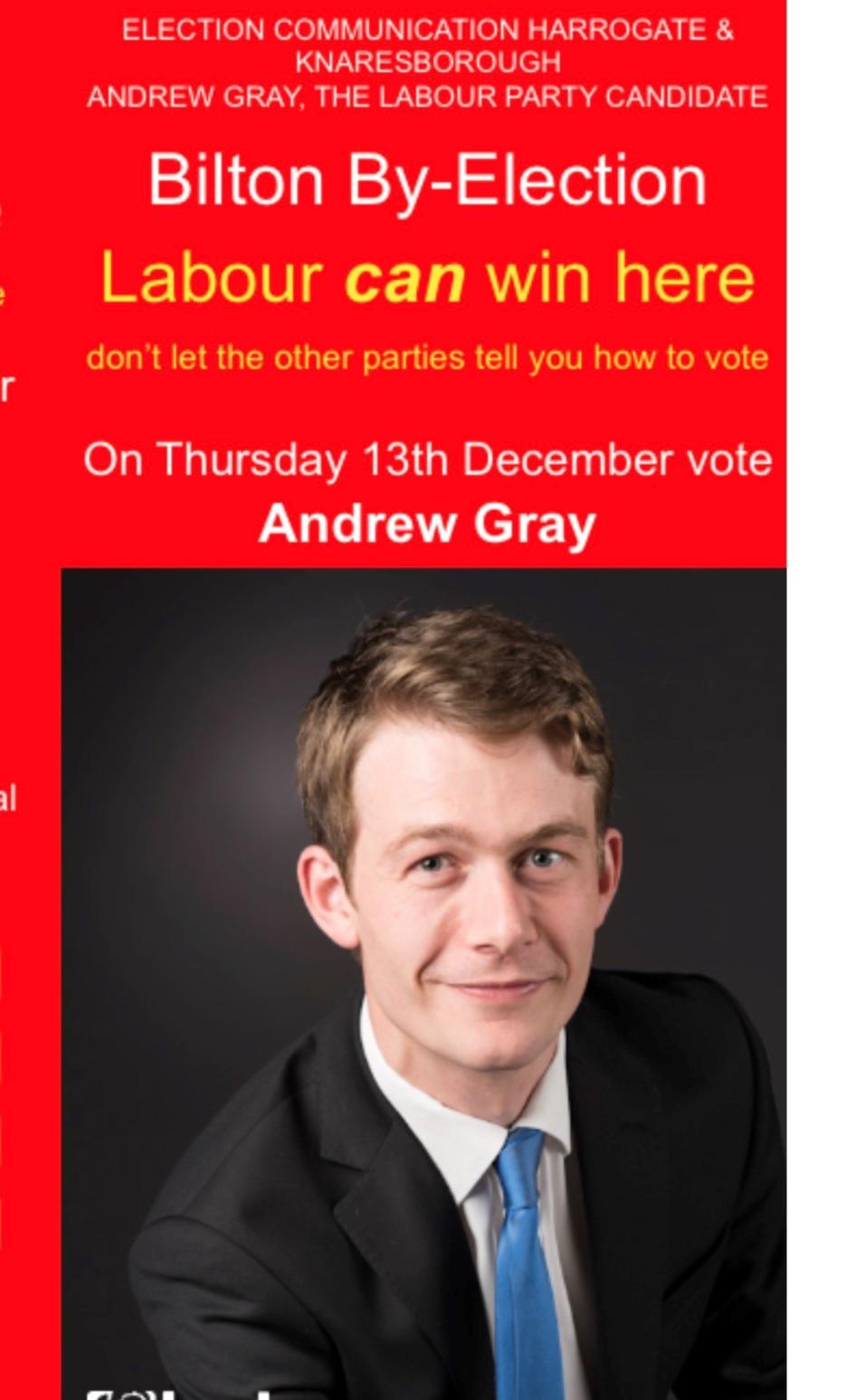I don’t fully know what is going on inside my head and I certainly don’t know what’s going on in my subconscious.
And I don’t fully know what’s going in the lives of the people in my house. Even those closest to us, sharing the same space, remain somewhat enigmas. The complete inner workings of another’s mind are forever out of reach.
Nor do I remotely understand what is going on in the lives of my friends and family, even though I know some headline, superficial facts. And the daily realities and deeper concerns of my neighbours remain equally opaque to me.
And even though I stay updated with local news, my grasp of what’s actually happening in my town is minimal.
Regarding my county and country, whilst I try to stay informed, the news is often riddled with misinformation, with many significant events going unreported, and good news, which doesn’t sell as well, is seldom highlighted. And the rise of social media and camera-phones has transformed billions into citizen journalists. There has never been more news.
On a global scale, the sheer volume of events and the number of countries involved make it impossible for me to truly understand what’s happening worldwide. I know that Modi is supposed to be controversial in India; that Argentina’s new president is a character; and that the Scottish First Minister is in political peril.
As highlighted by the Dunning-Kruger effect, the more expert someone becomes in a subject, the more acutely they are aware of their limitations. Since there are infinite subjects, it stands that no human can fully master any.
And we know that historians often disagree; that the truth of an event is largely subjective; and that much evidence never sees the light of day, which hinders accurate analysis. Usually, immediate analysis of an event is likely to prove defective in the passage of time. And honest witnesses to events often have false memories, as what happened to me when I was arrested on my first day as a lawyer.
Furthermore, state powers and influential forces frequently manipulate the truth, obscuring it from public view.
And I know that, except in some clear-cut cases, it’s difficult to determine whether what might appear to be good news may prove to be the opposite in due course.
Academics often rely on meta-analyses to derive comprehensive insights from data, yet as philosopher -Jean-Francois Lyotard critiqued, grand narratives often fail to capture the complexities of individual events, frequently leading to oversimplifications. So, be suspicious of academic analysis of events. And academics rarely agree.
And in a world likely devoid of divine intervention, seeking explanations from a deity seems futile.
The wise, ancient philosophy of Stoicism counsels us to not to worry about events outside of our control, which indicates that most of what bombards us we should not form a view.
Finding internal peace, I think, comes from accepting the limits of our influence and knowledge; in focusing on the tangible and the immediate rather than the vast complexities of the unknowable.
Thus, I conclude that forming a view on most newsworthy events is an imprudent use of my limited cognitive resources. So, when asked whether I prefer Trump or Biden, it truly does not matter.



